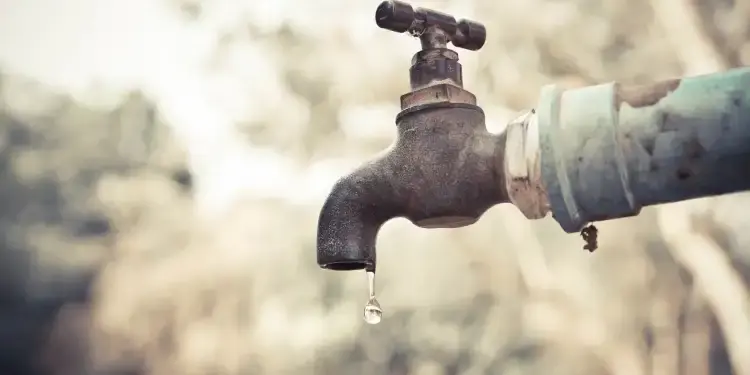On the occasion of World Water Day, the Tunisian Forum for Economic and Social Rights (FTDES) sounded the alarm on an unknown reality but fraught with consequences: more than 500 Tunisian schools do not have access to drinking water.
This is revealed by Inès Labiadh, national coordinator of the environmental and climatic justice project within the FTDES, on the sidelines of a photo exhibition organized on April 4 and 5, 2025 in Tunis, to remind you that water, very vital, is still a luxury for some.
An invisible but very real fracture
In rural regions, the absence of drinking water in schools is no exception but a systemic reality. A total of 527 schools are affected, often deprived of basic health facilities. This means that thousands of children grow up and study in unworthy hygiene conditions, far from the standards that we would be entitled to expect in the 21st century.
But the problem is largely exceeding school enclosures: more than 200,000 Tunisians today live outside the public water supply programs. A data that says a lot about the water fracture that separates citizens according to their place of residence.
A glaring territorial inequality
The contrast is striking between large cities and areas in the interior of the country. While the water connection rate exceeds 90 % in urban areas, it struggles to reach 50 % in the countryside. The governorates of Sidi Bouzid, Kasserine and Kairouan pay the high price of structural underdevelopment and a political disengagement that has lasted for decades.
When water becomes a commodity
Another point raised by the FTDES representative: the multiplication of water traffic jam companies. More than 30 companies now benefit from authorizations to exploit the country’s natural sources. If this industry responds to a commercial logic, it raises serious ethical questions in a country where certain communities do not even have access to a functional tap.
Inès Labiadh denounces a model that favors short -term profit to the detriment of fundamental rights, and calls for an in -depth revision of the water resources management policy.
Reform to guarantee the right to water
To cope with this silent crisis, the FTDES offers several tracks: the adoption of a new water code, the abandonment of the system of local hydraulic associations, deemed ineffective, and the establishment of a rigorous audit of the agricultural and industrial sectors in order to measure their impact on the water reserves.
Because behind these figures, there are daily lives that are affected. And the recognition of the right to water can no longer remain theoretical: it must translate concretely in the field, through fairer, more sustainable governance, and resolutely turned towards humans.
In short, the question of water in Tunisia is not only technical or environmental. It is fundamentally political. And as long as the water does not flow equally for everyone, justice will also remain dry.








